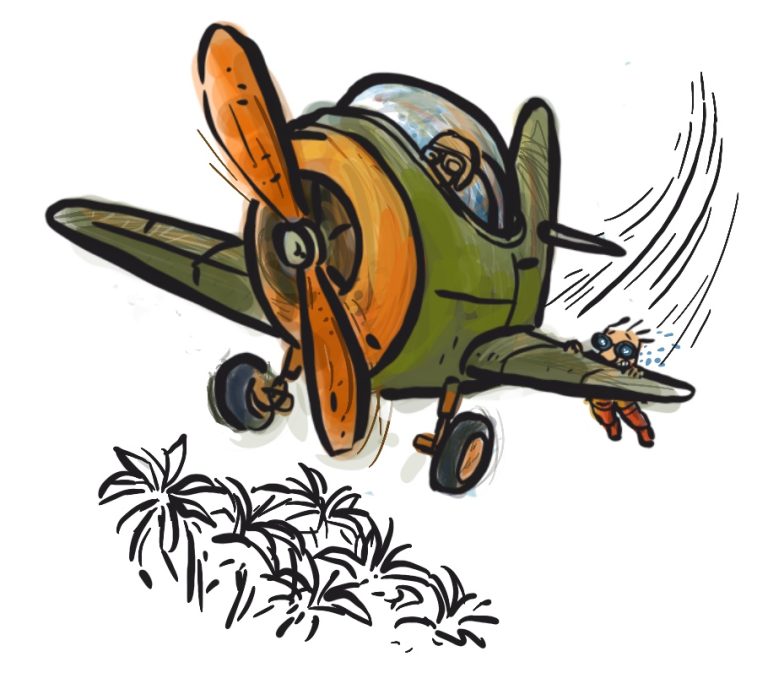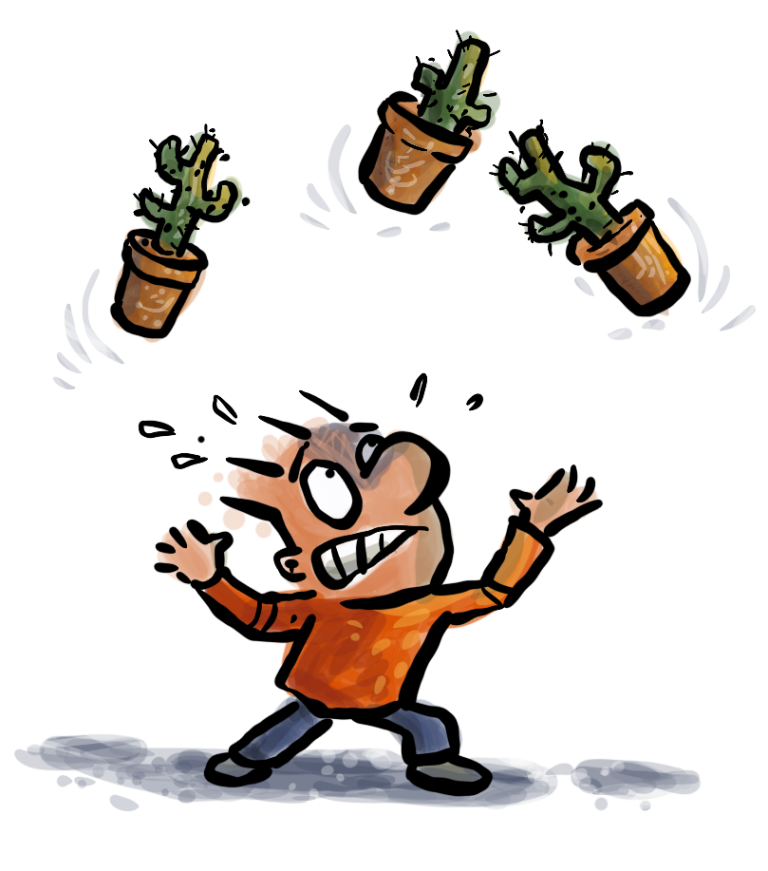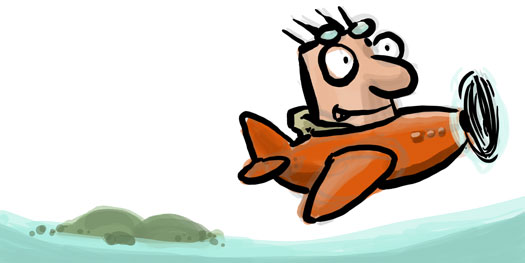Ever wonder why you do what you do—even when it doesn’t excite you anymore? Or why life sometimes feels… empty, even when everything seems perfect?
Over the years, we’ve found that the right questions matter more than the right answers.
That’s why in ‘Wonky Logic', we explore 12 questions that have guided us, challenged us, and sometimes even scared us—but always helped us move forward.
And what are the 12 Questions in ‘Wonky Logic'?
Here they are:
Section I — The Beginning: Why We Begin
1. Why did I start this business?
2. Who am I really serving?
3. What is enough?
Section II — The Middle: The Pull and the Strain
4. How long can I last?
5. Do I have time to waste?
6. How do I deal with envy?
7. What do you do when you want to give up?
8. How do I keep motivating myself?
Section III— The Shift: Knowing When to Pause
09. What does my family think?
10. What am I willing to give up?
11. When do I stop?
12. How do I know this is the right path?
Each question comes with a slightly wonky, very practical answer—stories from our own lives.
Reserve Your Copy at the special price of $13.99
Warm regards from a New Zealand summer,
Sean D'Souza
P.S. Yes, you can purchase multiple copies.
Simply click the quantity field in the payment link above and enter the number you want. I’ll take care of the rest.
P.P S. Like all our products, this comes with a guarantee.
If you don’t like it, just say so—and we’ll refund your money.








